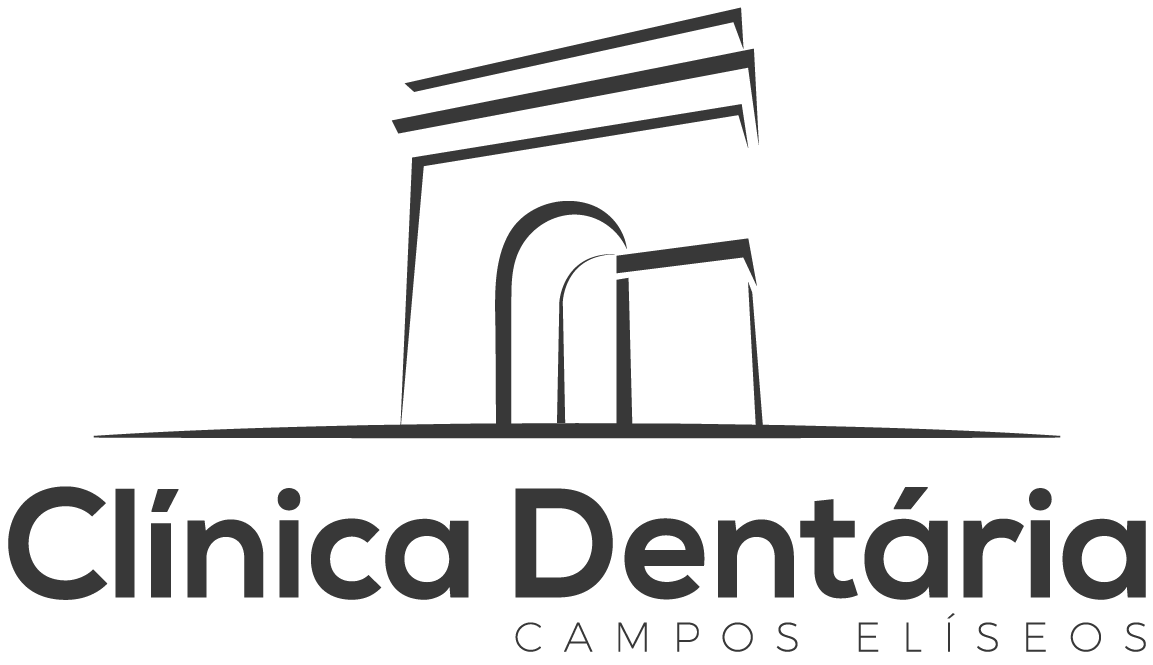
22 May Food and caries in children
Do children are more prone to cavities than adults?
Children tend to eat more cariogenic foods (sugars, acids found in sodas …). Now, the baby teeth are more fragile than the permanent teeth, which facilitates the demineralization of email, first stage of decay. So be careful and regular dental surgeon but also to ensure that the child is appropriate gestures to good oral hygiene.

What feeding my child must take to prevent cavities?
Each food intake created an acidity on the palate, this phenomenon repeated too quickly in the day will create over time damage the enamel, causing cavities. The limitation of these passages in “danger zone” is necessary. In addition to certain foods such as carbohydrates (sugars, cereals, …) or sticky foods and melting texture promote the development of bacteria that cause cavities. To limit these problems, we must group the food taken around 4 times in a day: breakfast, lunch, afternoon tea and dinner and drink water after each feeding. Between these meals delete snacking.
How can I prevent my baby is early caries?
Early caries is a decay that occurs before 3 years, so we speak of caries “baby bottle”, they are often multiple and first affect the incisors and the other teeth.
For that your baby, will not be achieved, should be avoided as much as possible after the onset of teeth multiplication of sweet baby bottle especially when they are nocturnal (even a bottle of milk is a source of caries). We must not give a sweet bottle to her baby after brushing teeth. Until six months of the child, breastfeeding is recommended as it stimulates the orofacial bone growth and reduces the frequency of infections in infants. After 6 months, it is advisable to introduce the spoon feeding.


What causes tooth decay in children?
In addition to the consumption of sugars and carbohydrates, the presence of bacteria is a condition for the formation of cavities. However, bacteria do not exist at birth in the mouth of the child. They are often transmitted by parents. Indeed, the decay is a communicable bacterial disease. Therefore, avoid:
- to use the child’s spoon to see if the dish is not too hot,
- use the same cutlery as the child
- sucking the nipple to clean
- embracing her child on the mouth
Moreover, passive smoking (smoking in the child’s environment) increases the risk of caries
Why is it important to treat caries of milk teeth, even if they are going to fall?
Premature extraction of strongly decayed teeth can hinder growth and development of permanent teeth. In addition, processing problems prevent the extension of the other teeth including permanent teeth, by bacterial contamination. The evolution of a decay is faster in children and untreated, it can end up touching the surrounding tissues (ligaments, bones, permanent tooth). The implications are not just dental: decrease in communication (more difficulty producing sounds), mockery of other children, reduced growth, ENT problems (ear infection), severe infectious complications.

